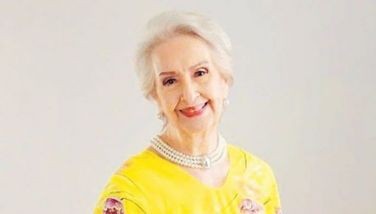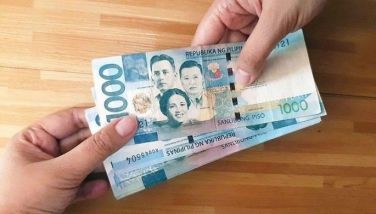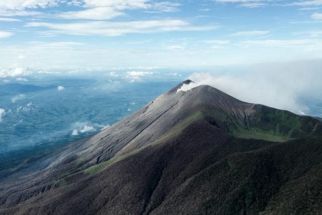Media told: Be more professional
MANILA, Philippines – President Duterte wants the media to be more professional, Malacañang said Saturday as the Chief Executive noted how journalists could spin stories.
But Duterte stressed he harbored no ill feelings toward the media after his comments about US President Barack Obama on human rights became a subject of controversy during the Association of Southeast Asian Nations summit in Laos last week. The comments prompted Obama to cancel their bilateral meeting.
Presidential Communications Office Secretary Martin Andanar said they could not tell Duterte what to say or how to deliver his messages.
“The President’s take is that we have to be responsible media men and women. I mean not all are responsible. Sometimes, when we create an angle of our stories, we try to change the context of what was said,” Andanar said over ANC.
When the President on Friday night said that he was open to criticism from the media, it meant that “if they have something to say, just tell him as long as it is fair, as long as it is well-written and it is based on pure true evidence,” Andanar noted.
“But, at the same time, he also called on the media to be more professional,” Andanar said, referring to the comments made by the President in a media interview after delivering his arrival speech at the Davao International Airport early Saturday.
Andanar criticized the international media for hyping the Filipino expletive p***ng i*a, which Duterte would often use in speeches. As regards Obama, Duterte said he did not curse the American president and merely stressed that he would be forced to rudely defend his government if taken to task for alleged human rights abuses amid his all-out war against illegal drugs.
“We call it ‘son of a whore’ – I’m sorry for that – but I have to say that in other countries, you know, it’s really ‘son of a bitch.’ And when you say (it) in the western world, it’s just a figure of speech. People say it anywhere,” Andanar lamented.
Shortly after his election to office, Duterte made a self-imposed boycott on the media who were covering him in Davao City after he complained of being taken out of context.
But Andanar said the former mayor had now become “the most open” among the presidents in the country because of his willingness to be interviewed.
He noted that when the President arrived from his official trips to Laos and Indonesia, they handed him a speech with an advice for him to read and just go home afterwards.
Duterte did not listen to them as he entertained questions from the press.
The same incident happened before the President left for Laos.
“When we departed from Davao to Laos there was really no question and answer (portion). We prohibited that because it was really just a pre-departure statement. There was nothing to talk about because we were still heading to the ASEAN. So, we clearly announced it to the media. But right at the very end of the speech, the President said, ‘I can answer questions, two questions,’” Andanar recalled.
“So, all of us in the media team can only plan so much. Management can only be applicable to a certain extent. At the end of the day, it’s the President who decides if he wants to be interviewed or not. And more often than not, he likes to be interviewed,” he said.
Andanar stressed the President could not be held back in his use of words because this was part of his language.
“Hindi siya ganun (He is not the type). He works out of the box, you know. Like who am I? I’m his press secretary and I can tell him this and that. But what if he tells me: ‘You are not the President. I became a president using my own style,’” he added.
Andanar also pointed out that Duterte veered away from a speech prepared by the Department of Foreign Affairs for the ASEAN conference addressing heads of states and, instead, “went on an extemporaneous speech and lectured everyone, lectured them on human rights in the Philippines and human rights in the world.”
Andanar also urged the media to understand the context of what the President said.
“Maybe the media is lacking really understanding how the President thinks. Now, I mentioned earlier that when the President expounds an idea, he usually goes back to history. There’s always a historical perspective when he explains about the policy that he has. So, maybe we (journalists) lack something in understanding the historical context. It wouldn’t really hurt if we study our history and our culture because the President always comes from that argument,” he advised.
Despite the call, the President understands the role of the media when he urged them to do their work in criticizing his government, Andanar said.
“We have freedom of the press. And the President is a lawyer (and) a former prosecutor. He understands the values of democracy and how we strengthen our democracy,” Andanar said, adding “that only goes to show that our President knows the value of each member of the media in nation building.”
“Because when you do nation building, there’s got to be checks and balances, and you have the media to criticize, to analyze what the government is doing, what’s good and what’s not,” Andanar said.
- Latest
- Trending






























